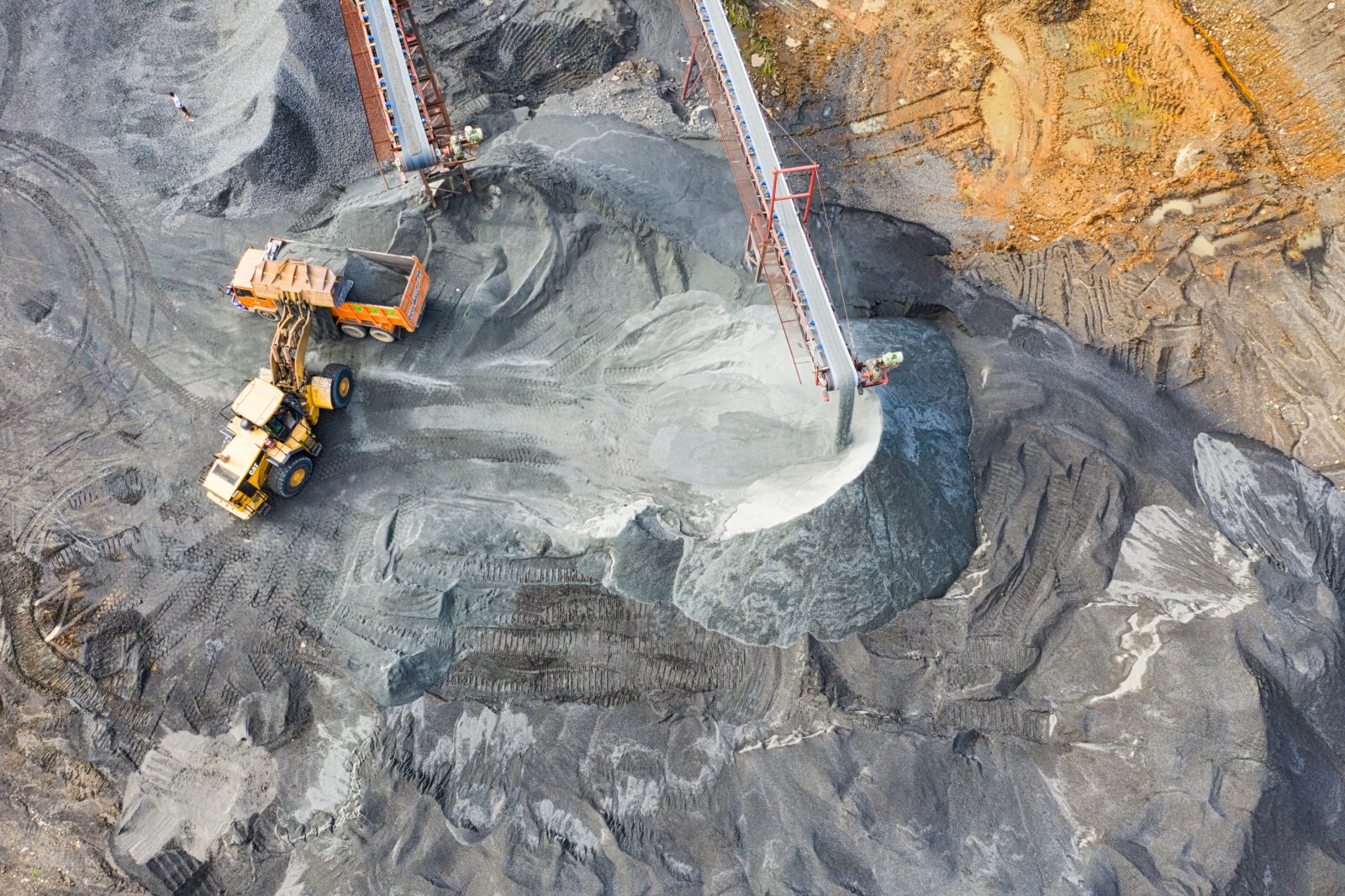On 3 December 2021 the Full Bench of the Fair Work Commission (FWC) delivered the anticipated decision in CFMMEU v Mt Arthur Coal [2021] FWCF B6059 against mining giant BHP, finding its COVID-19 vaccine mandate unlawful. The FWC decided that the direction to its employees to get vaccinated was unreasonable where BHP failed to properly consult with employees, in accordance with work, health and safety obligations . The decision provides further guidance to employers about implementing vaccine mandates and will likely provide a catalyst to similar challenges.
The Direction
On 7 October 2021, Mt Arthur Coal Pty Ltd (Mt Arthur), a member of the BHP group of companies, issued a direction that all workers at the mine must be vaccinated against COVID-19 as a condition of entry onto the mine (Site Access Requirement). The Site Access Requirement required that all employees were to:
- Have at least a single dose of an approved COVID-19 vaccine by 10 November 2021; and
- Be fully vaccinated by 31January 2021.
Mt Arthur informed its employees that they would be refused access to the mine after midnight on 9 November 2021 unless they received at least a single dose of an approved COVID-19 vaccine.
The Legal Challenge
The Construction, Forestry, Maritime, Mining and Energy Union (CFMMEU), applied to the FWC to challenge the Site Access Requirement on behalf of 700 affected employees. The CFMMEU’s application drew the attention of peak union and employer bodies who were later joined as interveners in the proceedings, including:
- The Australian Manufacturing Workers’ Union;
- The Communications, Electrical, Electronic, Energy, Information, Postal, Plumbing and Allied Services Union of Australia;
- The Australian Council of Trade Unions (ACTU);
- Australian Industry Group; and
- The Australian Chamber of Commerce and Industry.
The CFMMEU, supported by the ACTU and Union Interveners contended that the Site Access Requirement was not a lawful and reasonable direction because:
- It was introduced without complying with the consultation requirements under the Work Health and Safety Act 2011 (NSW) (WHS Act);
- Mt Arthur failed to comply with its consultation obligations under the Mt Arthur Coal Enterprise Agreement 2019;
- Mt Arthur failed to comply with its obligations under the Privacy Act 1988 (Cth); and
- It impaired the employee’s right to bodily integrity.
Was the introduction of a vaccine mandate reasonable?
The FWC approved the following factual propositions:
- any person infected with COVID-19 is at risk of developing serious illness form the virus, which may lead to death;
- all COVID-19 vaccines currently available in Australia:
– are effective at preventing symptomatic infection;
– substantially reduce the risk of serious illness or death, including from the Delta variant; and
– are safe and any adverse effects are usually mild. There is a much higher risk of developing serious complications and dying from acquiring COVID-19;
- an unvaccinated person is more likely to acquire COVID-19 from another unvaccinated person, rather than a vaccinated person; and
- vaccination is the most effective and efficient control available to combat the risks posed by COVID-19. Even with high vaccine rates in the community, COVID-19 will remain a significant hazard in any workplace where people interact or use the same common spaces.
The FWC therefore expressed the view that a number of factors weighed in favour of a finding that the Site Access Requirement was reasonable, including:
- it is directed at ensuring the health and safety of workers and is a reasonably proportionate response to the risk created by COVID-19;
- it has a logical and understandable basis;
- it was developed having regard to the circumstances at the mine, including the fact that mine workers cannot work from home and come into contact with other workers whilst at work.
Was the Site Access Requirement a lawful & reasonable direction?
The FWC accepted that the Site Access Requirement was prima facie lawful because:
- It falls within the scope of the employment as its object and purpose is to protect that health and safety of Mt Arthur’s employees; and
- There is nothing ‘illegal’ or unlawful about becoming vaccinated.
However, the FWC held that the Site Access Requirement was not a lawful and reasonable direction in the circumstances.
Under section 47 of the WHS Act, employers have a duty to consult workers who are, or are likely to be directly affected by a matter relating to work health or safety. Section 48 of the WHS Act sets out the nature of the consultation process and how employers can lawfully discharge their obligations. Importantly, employers must:
- share with workers, any relevant information affecting their work health and safety;
- give workers a reasonable opportunity to:
- express their views and raise work health or safety issues in relation to the matter; and
- contribute to the decision-making process relating to the matter, and
- take the views of the workers into account before making a work health and safety decision;
- advise workers of the outcome in a timely manner.
The FWC held that Mt Arthur’s consultation process was deficient in many respects. It was held that Mt Arthur failed to accord to its employees a meaningful consultation process that invited employees to express their views on the Site Access Requirements and offer an opinion on implementing alternative policies. The following notable propositions were highlighted by the FWC:
- an employer’s responsibility to consult carries a responsibility to give those consulted an opportunity to be heard and to express their views so that they may be taken into account.
- the consultation needs to be real, it must not be a merely formal or perfunctory exercise.
- the requirement to consult affected workers would not be satisfied by providing the employees with a mere opportunity to be heard. Rather, the requirement involves both extending to affected workers an opportunity to be heard and an entitlement to have their views taken into account when a decision is made.[1]
The FWC ultimately found the consultation process to be purely perfunctory and did not enable any substantial contribution from the employees.
Takeaways for Employers
Employers whose staff are not covered by public health order vaccination mandates can take comfort from the views expressed by the Full Bench supporting the health and safety drivers for employers introducing their own mandatory vaccination requirements.
However, in doing so, proper consultation with employees prior to making a final decision to introduce the mandate is critical.
A consultation process that it purely mechanical in the sense of “going through the motions” before reaching a predetermined decision, is insufficient. A meaningful consultation requires the contribution of all affected employees. Employees must be given the opportunity to express their opinion, recommend changes, or any alternative policies, with such considerations to be taken into account before any final decision is made.
For assistance or to discuss further please contact our employment team
[1] CFMMEU v Mt Arthur Coal [2021] FWCFB6059 at [108].
Article prepared by: Sarah Cappello, David Thompson, Margaret Gotsopoulos, Joey Tass and Richard Scougall






































































